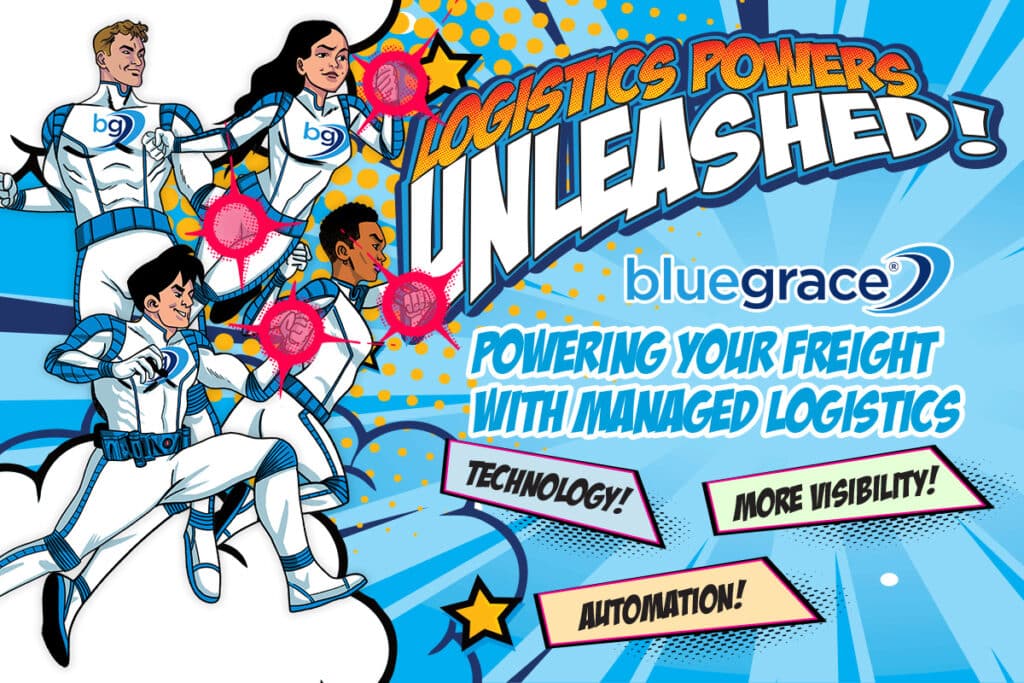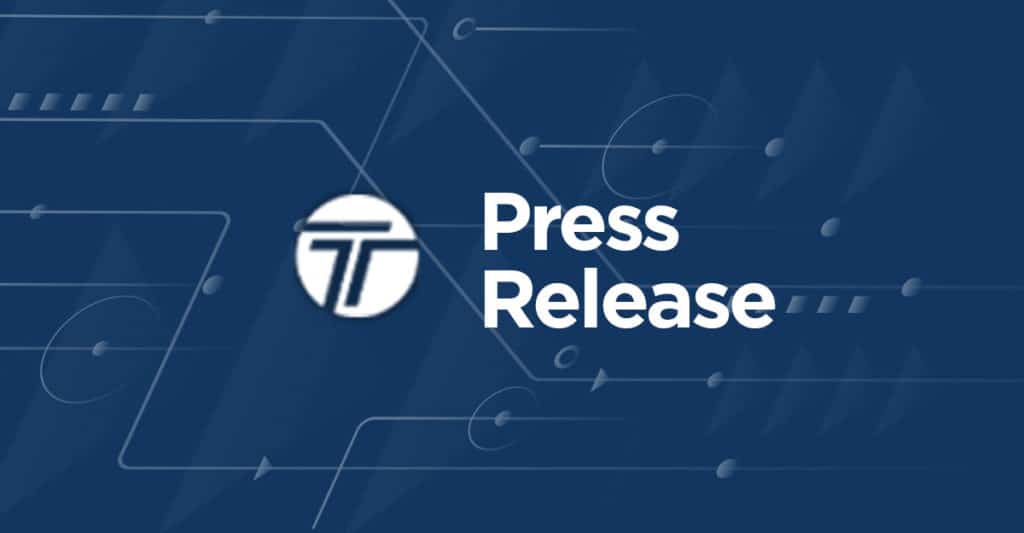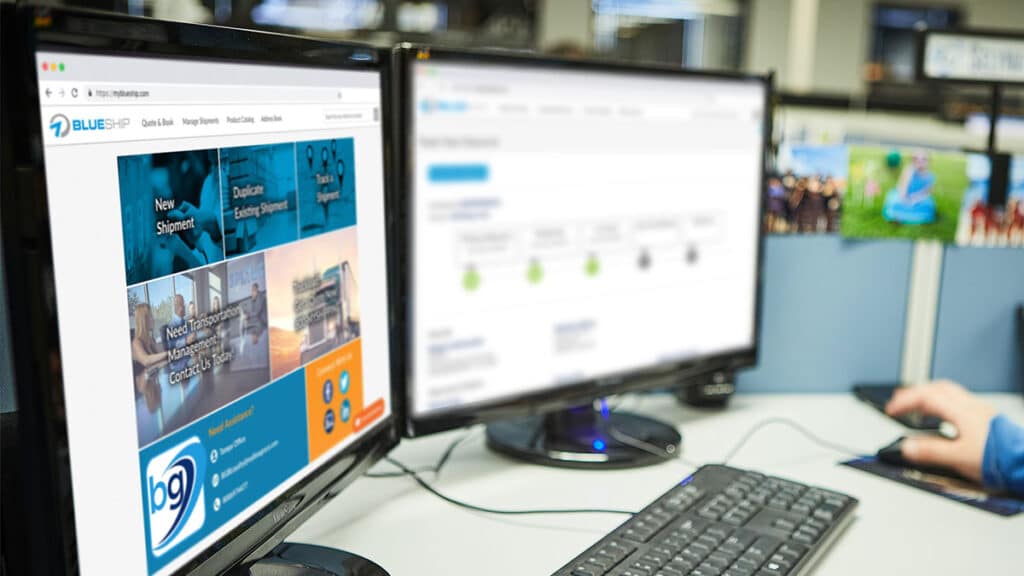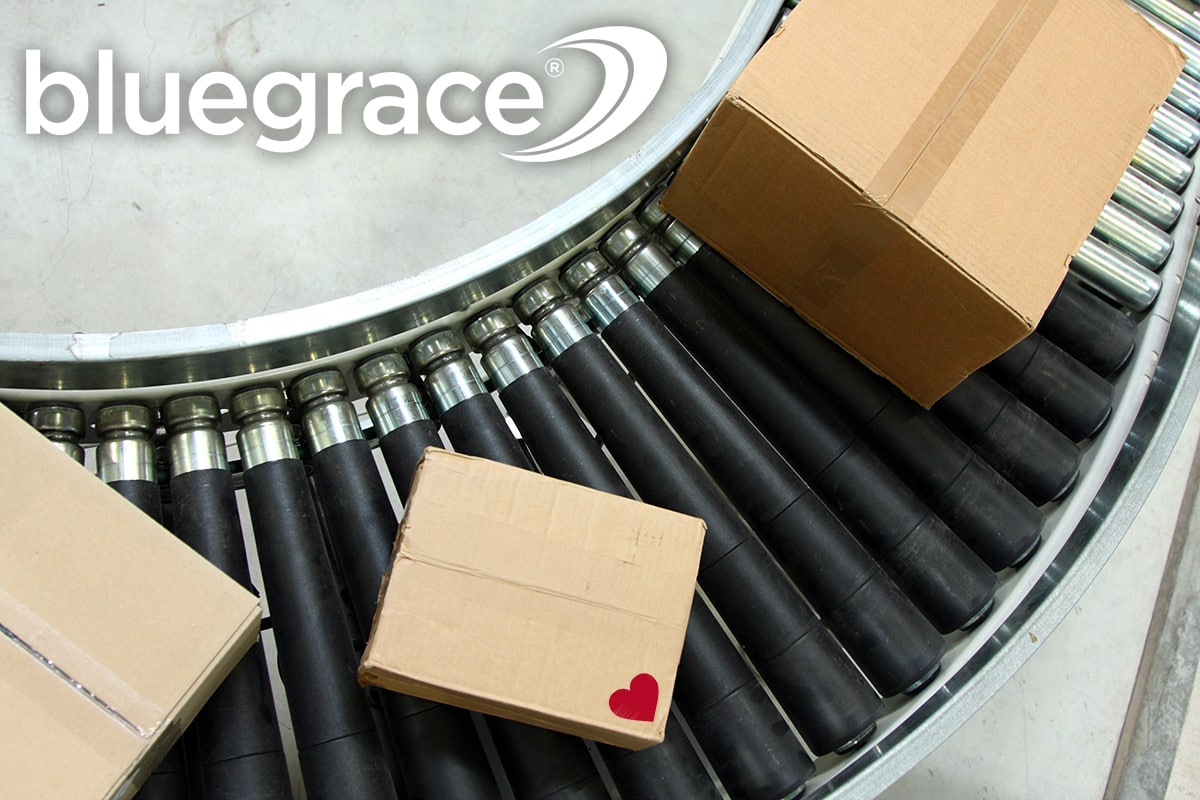
For the most part, we consider the supply chain to be a means to an end. While it’s an important means, it’s simply the process required to transition raw materials to finish product and take that product from the production floor to its end user.
While the supply chain is a rather complex system that utilizes a company’s logistics capabilities to the utmost, there are some companies that put decidedly more effort, energy, and even love into making it operate at its peak. Some companies will go the extra mile, quite literally, to make sure that they are producing the best possible product for their consumers and bringing some true innovation to the industry.
Some LUSH Sources
Consumer consciousness has been on the rise lately as end users are becoming more aware of what goes into their products. There have been a number of reports about big companies catching flak and negative press because of their willingness to cut corners when it comes to bringing in their raw materials. It’s companies like Lush that really bring ethical sourcing to light, and have changed our understanding of a truly visible supply chain.
Sandalwood, for example, has some incredible value for the cosmetics industry both for its scent as well as it’s therapeutic values. The tree itself takes over 10 years to grow to harvestable maturation and is predominantly found in India and Australia. Given the high levels of global demand, it’s become illegal to cut, harvest, and sell sandalwood out of India without permission from the state forest department, making it a perfect enterprise for criminal entrepreneurs.
It strengthened my understanding of what we wanted and what we didn’t want,’ Gendry-Hearn says. In short, they weren’t going to get sustainable sandalwood from India.”
“Gendry-Hearn and Constantine (buyers for Lush) were in India to investigate the dark underworld of sandalwood smuggling. The trip ended after a meeting in a hotel with a smartly dressed man she described as ‘the big boss.’ He entered with several bodyguards, sat across from them and put his gun on the table. Gendry-Hearn wasn’t scared. ‘My thought was: this is brilliant, this was exactly what we wanted,’ she explains. The big boss boasted that the price of sandalwood oil would never go down as he was sitting on massive reserves of wood and would restrict what was coming through. ‘It strengthened my understanding of what we wanted and what we didn’t want,’ Gendry-Hearn says. In short, they weren’t going to get sustainable sandalwood from India.”
This is just one example of the lengths Lush undertakes to ensure their true to their word on ethically sourced materials. More than that, Lush builds on their relationships with their suppliers and promotes various initiatives (and funding) to increase awareness of corporate social responsibility.
ADIDAS Kicks it Up a Notch
When you consider the sheer amount of consumer goods that are made, transported, and purchased on a daily basis, it almost comes as a shock to realize that footwear is actually one of the most time-intensive products on the market today. The supply chain for shoes more closely resembles that of automobiles, parts and components are made in one location, shipped to another factory for the next assembly step, then shipped to the final factory location to be stitched, glued, and packaged as a finished product. This is a product that hasn’t changed much over the past 30 years.
Now, however, with the rapid change in consumer expectation towards instant gratification and same day delivery, months-long process to assemble a pair of kicks simply won’t do anymore.
That’s what prompted ADIDAS to come up with the concept of the “speed factory.” “A couple of years ago, the top minds at Adidas decided this clunky, inefficient model was too limiting. “That’s why we looked into the technologies available and decided, ‘Hey, if we want to be faster and more flexible in doing what our athletes want and need, then we have to rethink the way we make products,’” says Gerd Manz, the head of technology innovation within Adidas’ Future team, which looks ahead three to seven years to set the company’s course.”
Turning the average lead time from a few months down to a few weeks or even days is pretty astounding in its own, but when you consider the other ramifications of cutting out much of the supply chain it becomes even more impressive. The reduction of transportation costs and CO2 emissions alone will go a long way towards improving the companies standing and compliance with global green initiatives.
Walmart’s Blockchain for Food Safety
Walmart and blockchain alike have been garnering a good deal of headline attention in the recent past. Walmart, in particular, has launched a tough initiative for carriers and suppliers alike with their On Time: In Full (OTIF) policy which will penalize deliveries that are early, late, or incomplete.
More than simply seeing the data, blockchain technology offers a total view of a product through its entire delivery through the supply chain.
Blockchain, on the other hand, is an innovative new technology that will maximize the amount of accessible data within the supply chain. More than simply seeing the data, blockchain technology offers a total view of a product through its entire delivery through the supply chain.
And Walmart’s plan with this new technology? To increase food safety.
“One of Walmart’s grandest projects is an attempt to graft a blockchain, that immutable cryptographic ledger first used by bitcoin, onto the world’s complex food supply chains. Walmart has roped in some of the industry’s biggest players, among them fruit producer Dole, consumer goods giant Unilever, and Swiss water and food conglomerate Nestle, to form a consortium of 10 food producers and retailers to make it a reality,” according to Joon Ian Wong of Quartz.
“They’re building the technology with IBM, which has been among the most active technology firms pushing blockchain solutions to corporate technology departments. If Walmart is successful, the project could fundamentally alter the way information is secured, stored, and shared across the food and retail industry, ushering in an era where an item of produce can be tracked in real-time from farm to table, by producers and consumers,” he adds.
Visibility is a Must
Again, consumer consciousness is on the rise. People want to know where their food and products are coming from. They want to know that it’s all being made and sourced responsibly and ethically. We’re living in an age where consumers want to know what’s going on behind the scenes of big companies and visibility is simply a must. BlueGrace Logistics offers complete, customized transportation management solutions that provide clients with the bandwidth to create transparency, operate efficiently, and drive direct cost reductions. For more information on how we can help give you the visibility you need, feel free to contact us using the form below:



